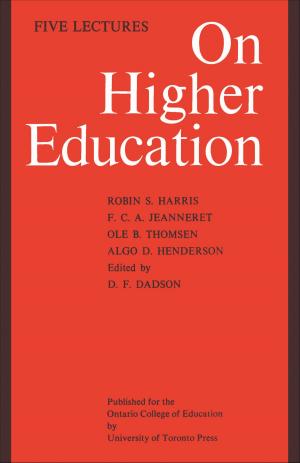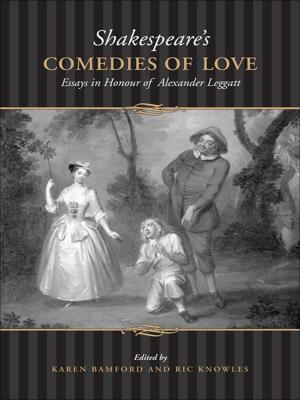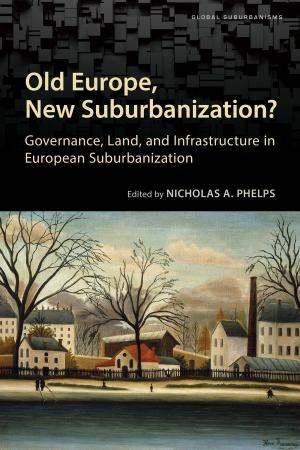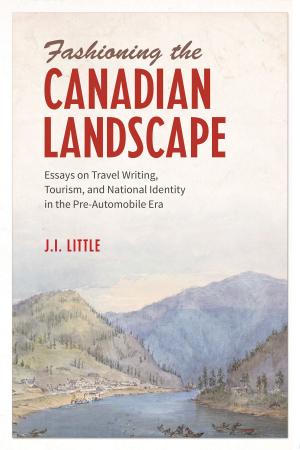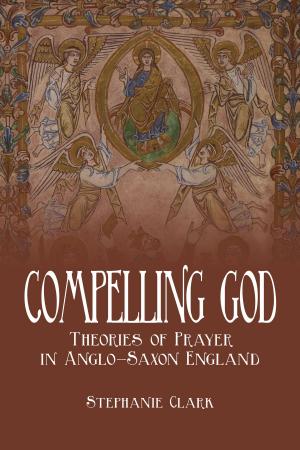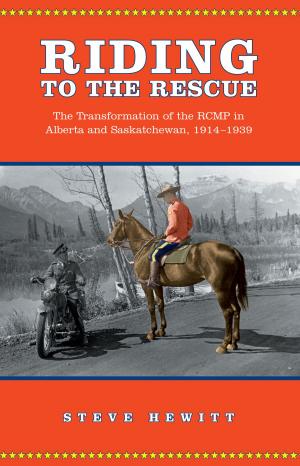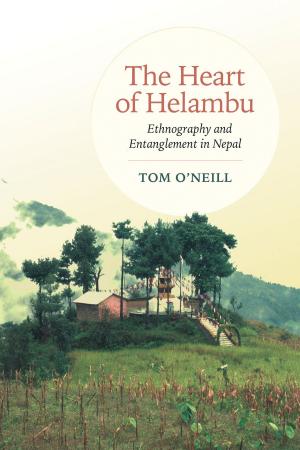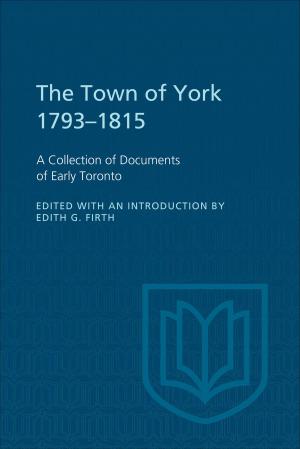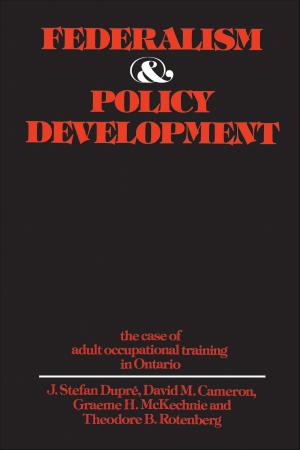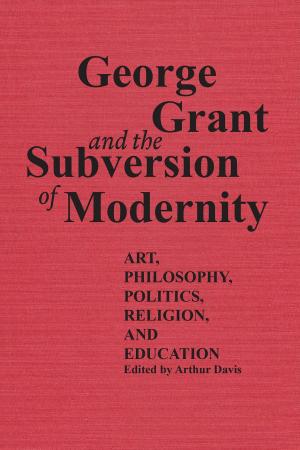Better Britons
Reproduction, National Identity, and the Afterlife of Empire
Fiction & Literature, Literary Theory & Criticism, British, Nonfiction, Social & Cultural Studies, Social Science, Cultural Studies, Ethnic Studies, History| Author: | Nadine Attewell | ISBN: | 9781442667075 |
| Publisher: | University of Toronto Press, Scholarly Publishing Division | Publication: | February 5, 2014 |
| Imprint: | Language: | English |
| Author: | Nadine Attewell |
| ISBN: | 9781442667075 |
| Publisher: | University of Toronto Press, Scholarly Publishing Division |
| Publication: | February 5, 2014 |
| Imprint: | |
| Language: | English |
In 1932, Aldous Huxley published Brave New World, his famous novel about a future in which humans are produced to spec in laboratories. Around the same time, Australian legislators announced an ambitious experiment to “breed the colour” out of Australia by procuring white husbands for women of white and indigenous descent. In this study, Nadine Attewell reflects on an assumption central to these and other policy initiatives and cultural texts from twentieth-century Britain, Australia, and New Zealand: that the fortunes of the nation depend on controlling the reproductive choices of citizen-subjects.
Better Britons charts an innovative approach to the politics of reproduction by reading an array of works and discourses – from canonical modernist novels and speculative fictions to government memoranda and public debates – that reflect on the significance of reproductive behaviours for civic, national, and racial identities. Bringing insights from feminist and queer theory into dialogue with work in indigenous studies, Attewell sheds new light on changing conceptions of British and settler identity during the era of decolonization.
In 1932, Aldous Huxley published Brave New World, his famous novel about a future in which humans are produced to spec in laboratories. Around the same time, Australian legislators announced an ambitious experiment to “breed the colour” out of Australia by procuring white husbands for women of white and indigenous descent. In this study, Nadine Attewell reflects on an assumption central to these and other policy initiatives and cultural texts from twentieth-century Britain, Australia, and New Zealand: that the fortunes of the nation depend on controlling the reproductive choices of citizen-subjects.
Better Britons charts an innovative approach to the politics of reproduction by reading an array of works and discourses – from canonical modernist novels and speculative fictions to government memoranda and public debates – that reflect on the significance of reproductive behaviours for civic, national, and racial identities. Bringing insights from feminist and queer theory into dialogue with work in indigenous studies, Attewell sheds new light on changing conceptions of British and settler identity during the era of decolonization.

